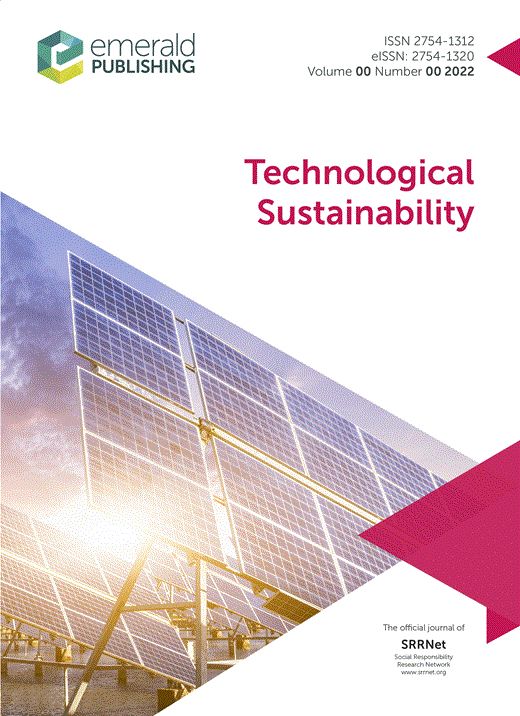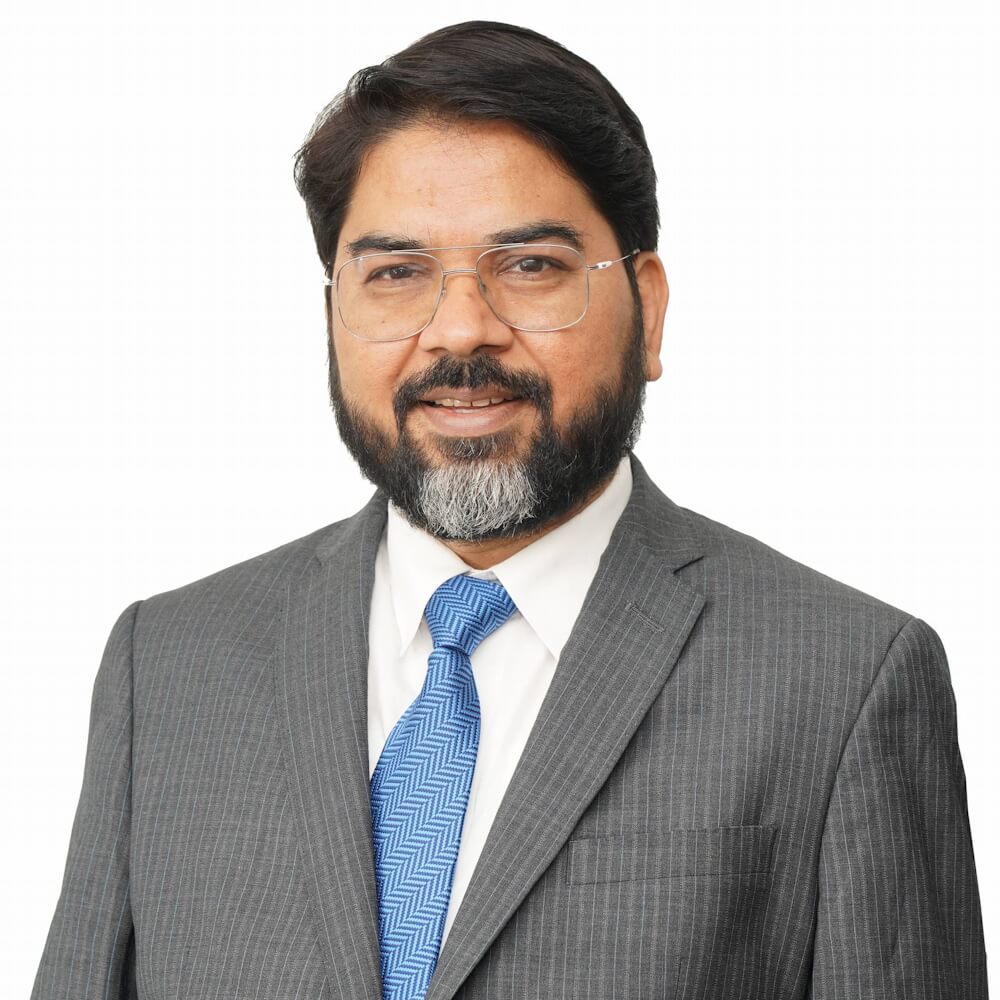

In Partnership with

Theme
Rethinking Infrastructure: Innovation, Sustainability, and the Future of Global Skill Development
December 18-19, 2025 | Adani University, Ahmedabad, India






Infrastructure plays a critical role in economic growth through innovative and technological advancement. Given the rapid pace of digital transformation, climate change, and evolving business models necessitate a fundamental rethinking of infrastructure development. Innovative construction management techniques, deep-tech-driven digitalization, and new financing models are shaping the future of infrastructure. The global infrastructure landscape is undergoing significant transformation, driven by rapid technological advancements and the pressing need for sustainable development solutions. This evolution aligns with the United Nations’ Sustainable Development Goals (SDGs), particularly SDG 9, which aims to “build resilient infrastructure, promote inclusive and sustainable industrialization, and foster innovation.”
The UNESCO Science Report of 2021 further highlights the global shift towards digital and green economies, underscoring the need for increased investment in research and innovation to facilitate these transitions. The report indicates that, despite progress, most countries still allocate less than 1% of their GDP to research and development, highlighting the necessity for enhanced investment in sustainable infrastructure and technological innovation. These initiatives and reports collectively emphasize the critical role of sustainable, inclusive, and technologically advanced infrastructure in achieving global development goals and addressing challenges such as climate change, urbanization, and technological disparities.
The infrastructure sector is undergoing rapid transformation driven by urbanization, digitalization, and climate-resilient projects, creating a growing demand for skilled professionals. However, significant skill gaps persist, particularly in project management, automation, and renewable energy. According to the World Bank, investing in infrastructure skills enhances productivity and employment, while the International Labour Organization (ILO) stresses the need for vocational training and lifelong learning. The Organization of Economic Cooperation and Development (OECD) highlights the increasing demand for digital and climate-conscious expertise. Meanwhile, the International Energy Agency (IEA) notes that energy transitions and decarbonization will create millions of clean energy jobs while reducing opportunities in traditional energy sectors, requiring large-scale upskilling and reskilling efforts. A global commitment to upskilling, vocational training, and industry collaboration is essential to building a future-ready workforce capable of driving sustainable infrastructure development.
The conference aims to create a multidisciplinary dialogue among scholars, policymakers, and industry leaders to explore how infrastructure can drive economic, social, and technological progress. The focus will be on the intersection of urban and real estate development, transportation, energy, and skill development to transforming the global infrastructure.


Chief Executive Officer, Infravision Foundation
Professor of Transportation Systems Engineering, Indian Institute of Science (IISc), Bangalore
Associate Professor, Public Systems Group, Indian Institute of Management Ahmedabad (IIM-A)
Chairman, All India Council for Technical Education (AICTE)
Advisor, Adani Group; Founder & Managing Trustee, The Infravision Foundation
Senior Professor, Goa Institute of Management
Assistant Vice President, Stride Ventures
Director, Centre for Inclusive and Sustainable Development, Thammasat University
Professor, Indian Institute of Technology (IIT) Kanpur
Professor, Department of Transport and Regional Economics (TPR), University of Antwerp
Senior Advisor, UNEP Copenhagen Climate Centre
The conference will focus on several key sub-themes, including:
| Deadline for submission of extended abstract | August 31, 2025 |
| Notification of abstract acceptance | September 15, 2025 |
| Submission of full paper | October 20, 2025 |
| Early-bird registration | October 30, 2025 |
| Last date of registration | November 30, 2025 |
| Categories | Early Bird | Regular |
|---|---|---|
| International Delegates | 250 USD | 400 USD |
| Academician (South Asia) | 3000 INR | 5000 INR |
| Industry Professional | 5000 INR | 8000 INR |
| Doctoral Scholars/PhD Students | 1500 INR | 2000 INR |
| Students | 1000 INR | |
Sardar Vallabhbhai Patel International Airport (AMD) is located 22 km from the university. It is well-connected to major cities in India and abroad. Upon arrival, you can use taxis, ride-sharing services, or pre-arranged airport transfers to reach Adani University. The drive from the airport takes around 30-40 minutes depending on traffic conditions.
Upon arrival at Adani University, ICIDS attendees will find signage guiding them to the event locations within the campus. The university is known for its modern infrastructure and well-organized campus layout, making navigation straightforward. The main event hall is just a short walk from the entrance. Volunteers and event staff will be available to assist attendees with directions and transportation within the campus.
During the ICIDS 2025 event, Ahmedabad typically experiences mild winter weather. Daytime temperatures range from 20°C to 28°C (68°F to 82°F), while evenings may be cooler, dipping to around 12°C to 18°C (54°F to 64°F). Though rainfall is unlikely during this period, it’s always a good idea to check the forecast closer to your travel date. The pleasant weather in November makes it ideal for exploring the city after the conference sessions.
| Dr. Riya Mehta, Assistant Professor |
| Mr. Karan Nilesh Radia, Assistant Professor |
| Dr. Sandip Solanki, Professor | Dr. Rachna Gangwar, Professor |
| Dr. Jamuna Siluvaiya, Professor | Dr. Anindita Chatterjee, Professor |
| Dr. Baishali Mitra, Associate Professor | Dr. Namita Pragya, Assistant Professor |
| Dr. Manju Raisinghani, Assistant Professor | Dr. Vidya Mohan, Assistant Professor |
| Dr. Aarti Singh, Assistant Professor | Dr. Preeti Rathi, Assistant Professor |
| Dr. Aadil Ummar Zaman, Assistant Professor |
Adani University,
Shantigram Township,
Near Vaishnodevi Circle,
SG Highway, Ahmedabad,
Gujarat – 382421, India.
Social Chat is free, download and try it now here!